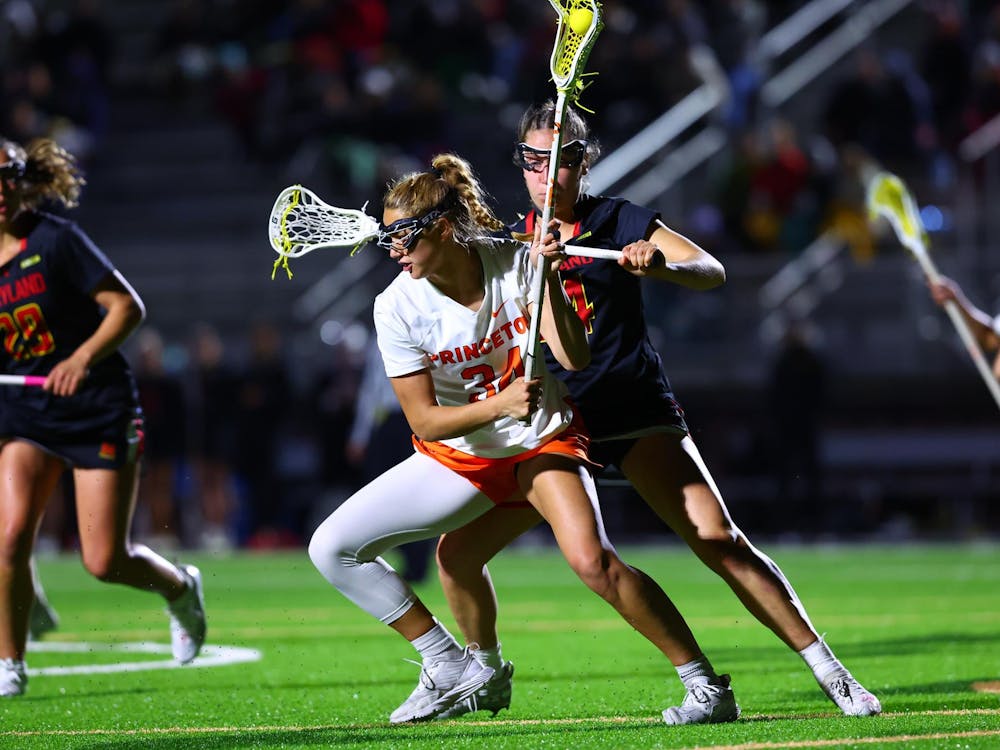It’s the week before classes end, each of your five classes has a deadline you must meet, and you effectively budget your time at the beginning of the week to allow for the completion of all five assignments. Of course, five courses with deadlines the same week clearly puts you at a disadvantage, as less time can be allocated for the completion of each assignment when compared to a student with fewer deadlines. Twelve hours before the deadline of your most time-consuming assignment, the professor announces a 24-hour extension, since many of his students complained that they needed extra time. You’ve already completed the assignment for this class (after all, you knew it would take the most time), but the deadlines for your remaining assignments remain unchanged — leaving you, the proactive student, disadvantaged yet again. How is this fair?
Professors who do not stick to deadlines are wronging their students. If the group of students who prioritize a course are the ones negatively affected by a professor’s decision, then that decision is wrong and unjust. As long as deadlines are announced early and made clear to all students, last minute changes to these deadlines should not be made.
If a professor assumes most of his students are procrastinators, then perhaps from a utilitarian standpoint, the “net good” the professor is creating by allowing an extension carries a positive value. Although moral by utilitarian standards, the extension simply isn’t fair to the students who do not procrastinate. With this in mind, we then must consider the nature of higher education: should the system treat all students fairly or should the system simply allow for the net benefits of professors’ decisions to be positive? Again, this question can only be considered if our initial assumption regarding the tendency of students to procrastinate holds (and if this holds, college students certainly shouldn’t be seen in a positive light), but regardless, I contend that higher education should — and must — treat students fairly.
There are actually several ways to solve this dilemma, some of which are implemented successfully by professors at Princeton. The first solution is allotting students “grace days,” which are essentially extensions by student choice in the case of an unexpected event that would prevent the student from completing the assignment on time. These days may be used throughout the semester, but once a student runs out of grace days, she must stick to the predetermined deadlines for the remainder of the semester. At Princeton, COS 126 takes advantage of this system, allotting students four late days for purposes including, but not limited to, observing religious holidays, attending weddings planned long in advance, attending funerals on short notice, and even allowing for a break on weeks with heavy workloads. This system is fair since all students are allotted grace days regardless of whether or not they’re needed and these grace days may be used at any time.
A second solution requires professors to stick to the deadlines posted on their syllabi for the entirety of the semester. Even if the proposed deadlines are tentative, the course’s layout must be made clear initially to all students so everyone knows what to expect and when to expect it. Dean’s Date operates in accordance with this approach: no written work may be submitted after the deadline, which is set years in advance. Unfortunately, I have not come across a course that operates like this. Unforeseen circumstances like weather, sickness, or inability to complete a lecture, to name a few, can delay a course’s progress, making it difficult to set firm deadlines at the beginning of the semester. Even for courses I’ve taken that come closest to using this approach, extensions may still be given to students on a case-by-case basis.
Are case-by-case extensions unfair? I think they are; however, this approach is fairer than implementing an extension for the entire class. Consider the case in which a student has an exam on Friday, prepares as he should the entire week preceding, but on Friday morning, the student wakes up with a horrible sickness. It’s absurd to require this student to take the exam along with the rest of the class, and I would be in favor of allowing this student’s exam to be rescheduled; however, just because this one student is sick does not mean it’s appropriate for the professor to reschedule everyone’s exam. This, of course, is unfair.
Professors aren’t dictators. Although they do have authority, professors must still follow rules set by the University’s Dean of the Faculty to ensure the fairness of their courses. If all grades are weighted equally, then all courses should be equally fair.
Jared Shulkin is a sophomore from Weston, Fla. He can be reached at jshulkin@princeton.edu.








